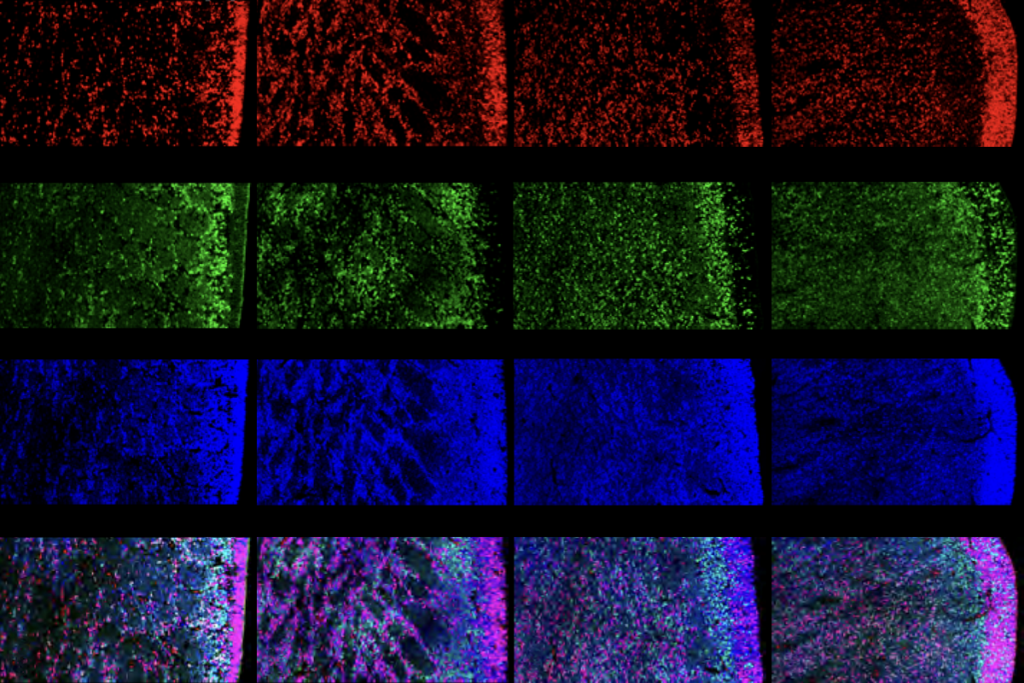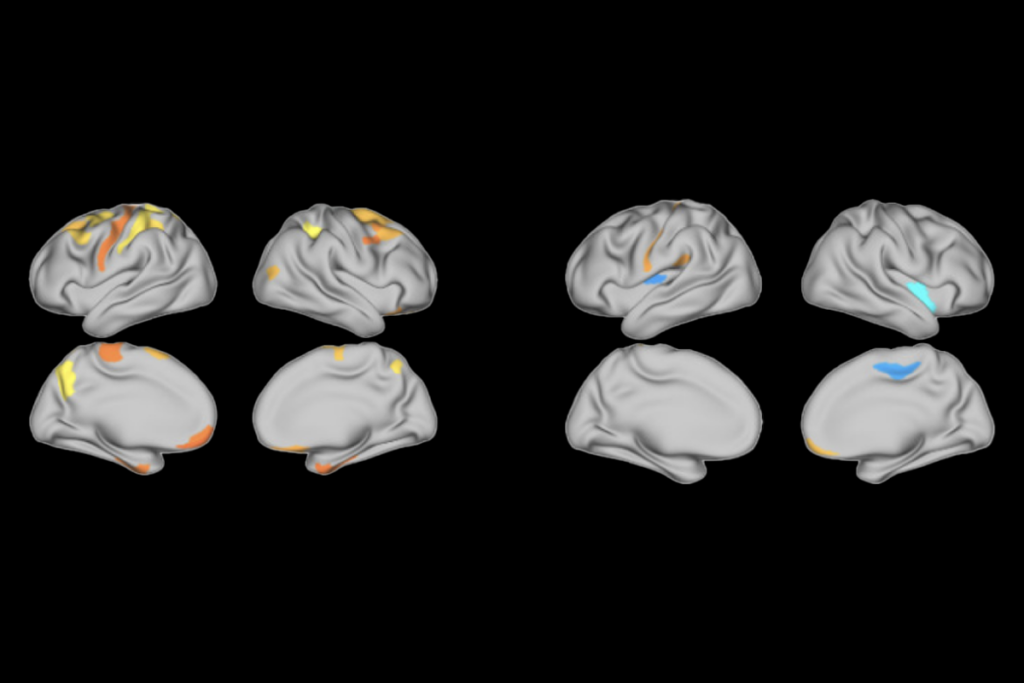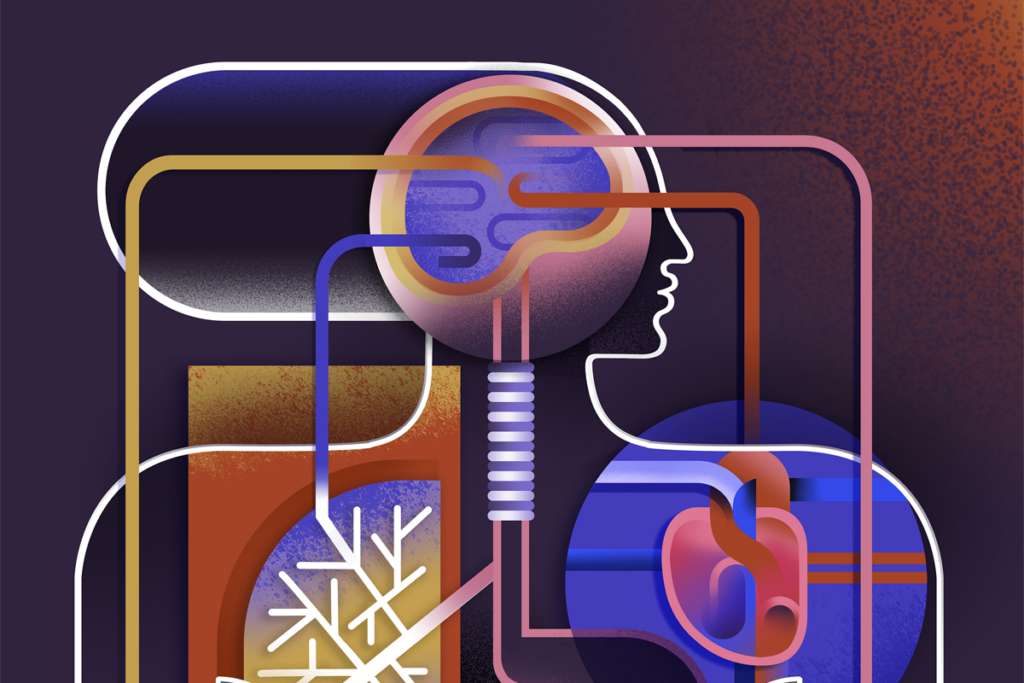Large autism cell line collection offers genetic insights
Researchers have created a repository of nearly 180 cell lines from people with autism or fragile X syndrome, they reported 1 October in Stem Cells Translational Medicine.
Researchers have created a repository of nearly 180 cell lines from people with autism or fragile X syndrome, they reported 1 October in Stem Cells Translational Medicine. The collectioncaptures a wide range of the diversity of autism symptoms, including some caused by known mutations, giving scientists the opportunity to better understand and treat the disorder.
The repository includes induced pluripotent stem cells, or iPS cells, derived from individuals’ skin cells. With some coaxing, these cells can become neurons or glia, which support neurons in the brain. Each cell carries the same genetic background, including any mutations, as the individual that it came from.
For each cell line, the researchers logged information about whether the individual has unusual facial features, seizures, an enlarged head or other autism-linked traits. They also noted the individual’s intelligence quotient, age, race and ethnic background.
To show that the iPS cells can become different cell types relevant to autism, the researchers successfully differentiated them into mature neurons and glia. They also created different subtypes of neurons, including cells that either enhance or inhibit brain signals.
The cell lines are available to researchers through the National Human Neural Stem Cell Resource at the Children’s Hospital of Orange County in California. Plasma, serum and red blood cells from people who donated samples are also available. The researchers plan to keep expanding the collection.
References:
1. Brick D.J. et al. Stem Cells Trans. Med. Epub ahead of print (2014) PubMed
Recommended reading

Latest iteration of U.S. federal autism committee comes under fire

‘Tour de force’ study flags fount of interneurons in human brain

FDA website no longer warns against bogus autism therapies, and more
Explore more from The Transmitter

PIEZO channels are opening the study of mechanosensation in unexpected places
Michael Shadlen explains how theory of mind ushers nonconscious thoughts into consciousness
